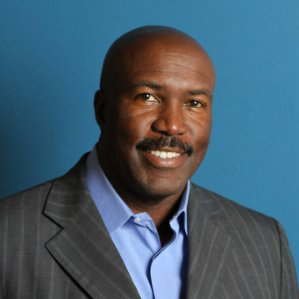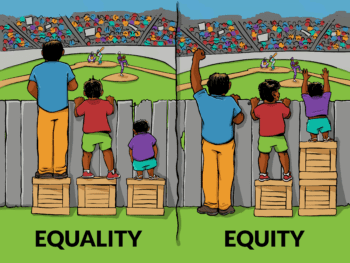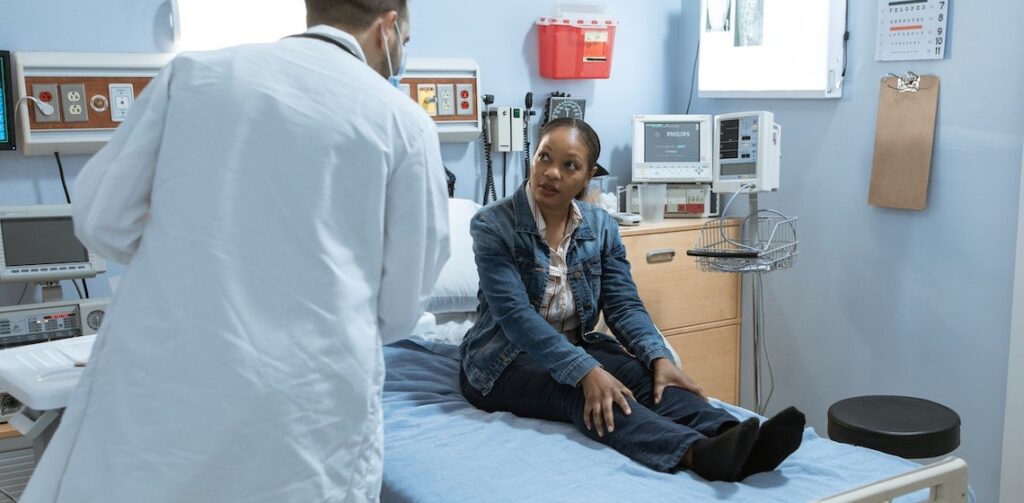Every April, the FDA observes National Minority Health Month “to raise awareness of the importance of improving the health of racial and ethnic minority populations and reducing health disparities.”
This year, Bio.News sat down with Dr. Reed Tuckson, co-founder of the Black Coalition Against COVID (BCAC) and frequent collaborator with Reggie Ware, CEO of BlackDoctor.org (BDO) to talk about minority health and the impact that comes with the pursuit of understanding.
Trust is the core of community health
This year’s theme is “Better Health Through Better Understanding.” What are some aspects of minority health that need to be better understood by the medical community? How can understanding those help public health on a national scale?

Dr. Tuckson: I think what needs to be better understood is the importance of re-engaging trust in the Black community. The loss of trust is a fundamental issue that affects the patient-physician relationship, and it also affects the climate for community-based population health. Every practitioner has a professional, moral, and practical obligation to double down on ensuring that they are treating every patient with dignity and respect. They also have an obligation to make sure that their patients perceive their current health center or hospital—as well as their clinician—as being trustworthy.
People in the medical community also need to better understand that we’re going to have to learn to communicate complex therapeutic interactions to minority patient populations. Care is being pushed more and more out of the hospital and into the home, requiring patients to be responsible for managing their own care in partnership with delivery systems. So we’re going to have to learn how to communicate and teach people to be competent and able to participate in what is essentially a genetic-dominated era of healthcare.

Reggie Ware: When you begin to understand how a patient is going to perceive the healthcare they are receiving, then it makes for much more effective communication. For the Black community, which is a subculture in the United States, I think that there needs to be a deeper understanding on the part of doctors regarding how they communicate with their patients.
For example, for a Black patient, if a doctor simply comes in and asks, “How are you doing?” They are likely going to answer, “Good, I’ve been good.” And the doctor says, “OK, great, I guess we don’t have much to worry about then.” What the doctor is not understanding in this scenario is that the patient is not going to be immediately open and honest and communicate the real problems. That is because the community comes from a common point of distrust, or maybe they lack understanding about how to talk about their health issues, or maybe they’re just not comfortable. So doctors have to do the extra work and ask direct, clear questions, as well as be curious as to how their Black patients are really doing.
Connecting Black patients to relevant clinical trials
Diversifying clinical trials is a major theme for this month. What have been the historic challenges when developing diverse clinical trials? How are those challenges being addressed today?
Dr. Tuckson: It is very rare for the Black community to actually learn about how their participation in clinical trials has benefited them. We need to do a better job conveying, in tangible terms, that by having members of the Black community participate in clinical research, we can learn how a particular drug or or a particular intervention needs to be modified to fit the Black community compared to another community. That helps make healthcare not only more effective, but also safer and more personalized.
We also need to do a better job of recruiting using community-based assets. And we need to make sure that those assets are well established and functioning. Black communities continue to struggle to maintain a coherent, community-based infrastructure; this was an issue we had with COVID. When the crisis occurred, we almost had to start from zero as opposed to having a robust infrastructure that was in place that we could then tap for multiple purposes.
One of the purposes of a well-functioning collaboration between community-based health organizations, faith-based organizations, local health professionals, fraternal organizations, and many other kinds of groups is to create a pipeline for healthcare access, as well as using that collaboration to better at identify and recruit people for clinical trials and therefore have better information.
Reggie Ware: What we’ve done at BDO is create a Clinical Trial Resource Center just for Black patients. This resource is comfortable to read, and we are a trustworthy source of information. Through BDO, a person can come and find trials that are being introduced to them by an entity that they trust, and they have access to see what these trials are. During the first month of the pages operation, we had 77,000 people visit the page looking for clinical trial information.

One of the major issues with clinical trials and the Black community is that we are not really asked to participate in clinical trials, or if we are being asked, it is not in the right context. For example, if a marketer says “OK, I’ll go to a few beauty salons, or I’ll have the pastor mention the clinical trial opportunity at a church or something like that,” that’s going to be a tough ask, because the situation in which you are asking is not conducive for a person to truly hear and respond favorably.
What we are doing at BDO now is creating an environment where a patient is going to hear the messaging while they are actually seeking this information and is going to trust it, and therefore will be more likely to receive it in a positive way. I am not saying to not use the faith-based community or beauty salons. I am simply saying let’s utilize BDO, with our 20 million audience reach, as the foundation for effective communication, and let’s build out grassroots efforts from there.
Equity and equality—what’s the difference?
What do people need to understand about equitable healthcare initiatives over equal healthcare initiatives, and why is that distinction important?
Dr. Tuckson: Hopefully our collective national vision is one that provides people with the resources that they need to optimize their own individual health. And that’s the key to providing what is needed. It’s not about providing an equal amount, but the right amount to meet specific circumstances and needs.
Equality means giving everybody the same thing. Equity means giving people the right thing to meet their needs.

And so this is not about trying to just make sure that everybody gets some kind of a mathematical formula part of the pie. This is about understanding what it is that a particular community needs. What are their challenges, what are their specific issues, and then how do we organize and cobble together the comprehensive array of resources that they need to speak to their particular circumstances?
Reggie Ware: We surveyed our audience and asked, “Do you know what health equity means?” The responses that came back showed that 65% didn’t know what it means. I think that is important to keep in mind because, while we can be doing this wonderful thing that’s going to benefit a lot of patients, if our patient population doesn’t really know what health equity means, then we are missing a part of the puzzle.
Health equity starts with education. With that, our audience is going to benefit and can maybe even get excited, encouraged, and even inspired to take better care of themselves.
Dr. Tuckson: It’s important not to take things for granted, and not to assume that everybody knows what we’re talking about. It is also important not to assume that everybody has a shared excitement for the things that we as health leaders have, because they may or may not be well understood at the community level. Alongside developing community assets, there also needs to be a deliberate process of strategic, visionary, community-based health planning.
There needs to be a shared vision for health—for not only the Black community but the entire community. We need to be able to present ideas like we’re trying to solve the problem of health equity, and that requires first listening to people, learning, and not assuming that everybody knows what everybody else is talking about.




